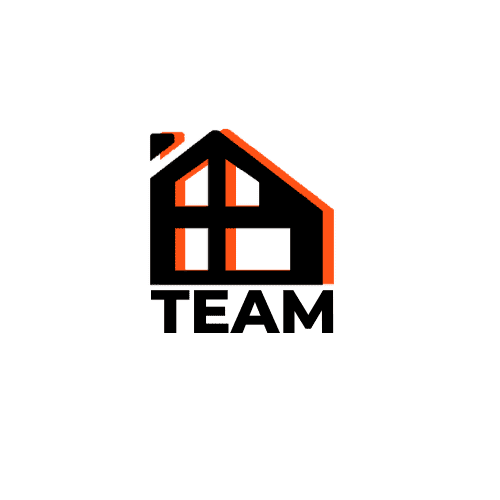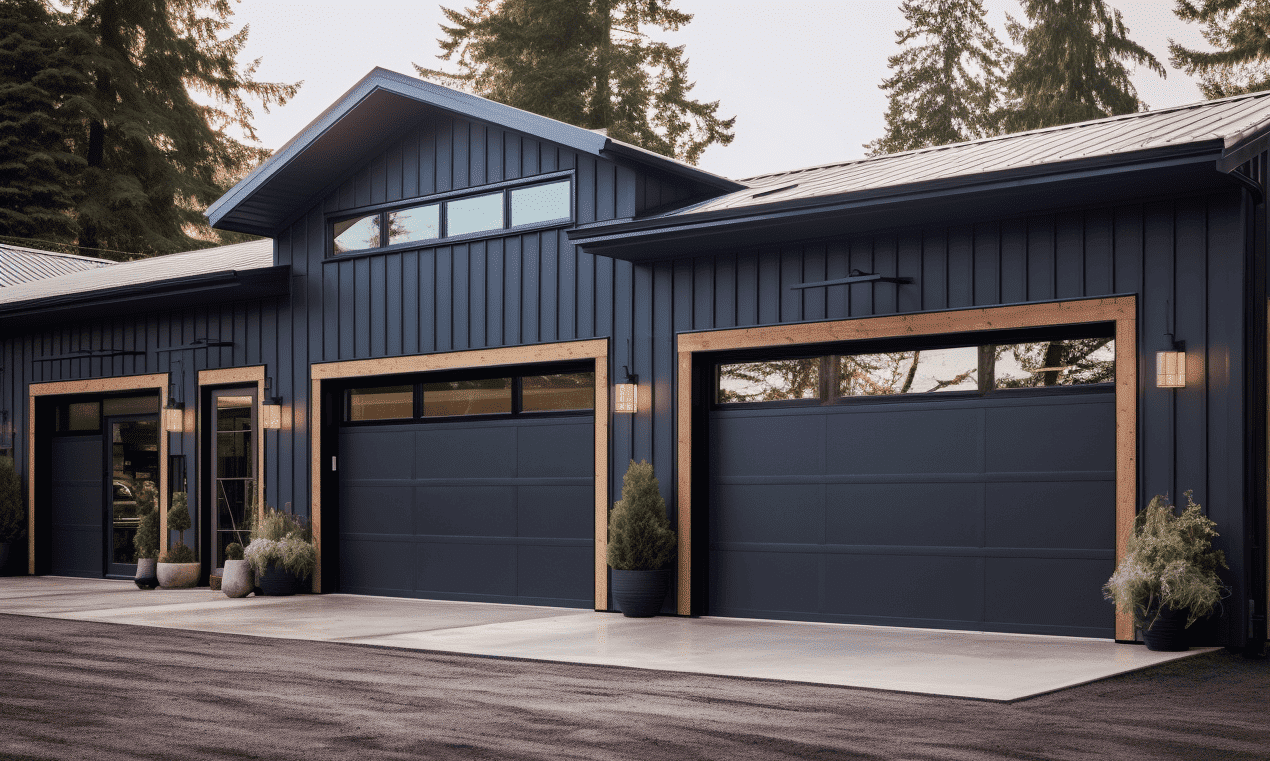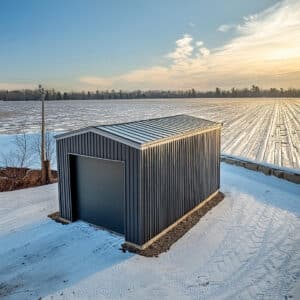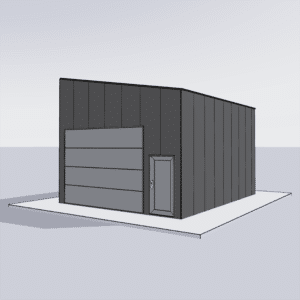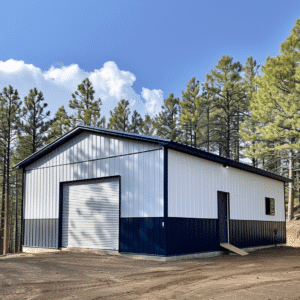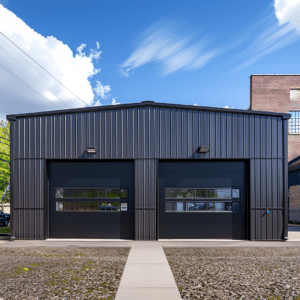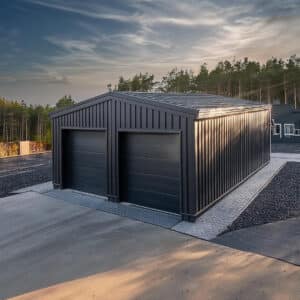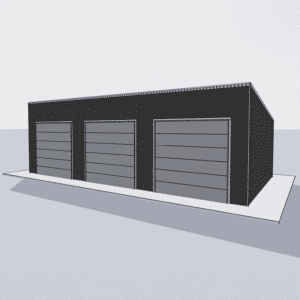Embarking on the journey of purchasing a home is exciting, filled with dreams of crafting perfect spaces for life’s moments. However, the process can also be a minefield of potential pitfalls if not approached with due diligence. Enter the home inspection—a crucial step that can differentiate between a dream home and a homeowner’s nightmare. Let’s delve into how to conduct a thorough home inspection for buyers, ensuring your new abode stands the test of time and investment.
Understanding the Importance of a Home Inspection
When considering a major purchase like a home, it’s essential to know exactly what you’re getting. This is where a home inspection for buyers becomes invaluable. A comprehensive home inspection can reveal critical information about the condition of a house and its systems. Imagine you’re buying a car; you wouldn’t proceed to purchase it without knowing whether the engine runs properly, right? Similarly, understanding the structural and mechanical health of a home can save future headaches.
While on a surface level, a home might appear to be in tip-top shape, there could be trouble lurking beneath shingles or behind walls. Home inspectors possess the trained eye needed to spot red flags that might escape an untrained observer.
Key Areas of a Home Inspection Checklist
To ensure your home inspection is thorough, pay particular attention to several critical areas:
1. **Roof and Attic Inspection:** The roof protects the entire home, so it’s crucial to inspect for missing or damaged shingles, leaks, and structural damage. An attic inspection can reveal symptoms of issues like poor ventilation or insulation.
2. **Plumbing System:** Check for any signs of leaks, corrosion, or outdated materials in the plumbing systems. Water pressure tests and examinations of functional fixtures are standard.
3. **Electrical Systems:** An inspection should ensure that electrical wiring, panels, outlets, and fixtures are up to code to prevent fires or electric shocks.
4. **Foundation and Structural Elements:** Cracks and signs of settling can indicate major structural problems. It’s like inspecting the spine of the house—any issues here could have serious repercussions.
5. **HVAC Systems:** Heating, Ventilation, and Air Conditioning systems should be fully operational, as replacements are often costly.
6. **Exterior Elements:** Windows, doors, and siding are also assessed for efficiency and weatherproofing capabilities.
Choosing the Right Home Inspector
Selecting a qualified home inspector is akin to finding a trustworthy confidante—someone who’ll give you the real deal. It’s wise to choose inspectors who are certified by reputable associations like the American Society of Home Inspectors (ASHI) or the Canadian Association of Home and Property Inspectors (CAHPI). Reading reviews, such as those on Zillow, can also provide insights into their competency and customer satisfaction.
Quality inspectors provide a detailed report complete with photographs and recommendations for any necessary repairs or replacements. Carefully review these documents as they hold the key to understanding the future potential and risks associated with your prospective home.
Navigating the Inspection Report
Once your home inspection report arrives, deciphering its reams of information might feel like learning a foreign language. Here are a few tips:
– **Prioritize Major Repairs:** Address issues that affect the structural integrity or livability of the home first. This includes foundation issues, major roof damage, or significant electrical problems.
– **Negotiate Repairs:** Use the report as a bargaining chip with the seller. You can request essential repairs to be completed before closing or negotiate a price reduction to cover repair costs.
– **Assess Costs:** Get estimates for any necessary repairs to understand the financial investment required.
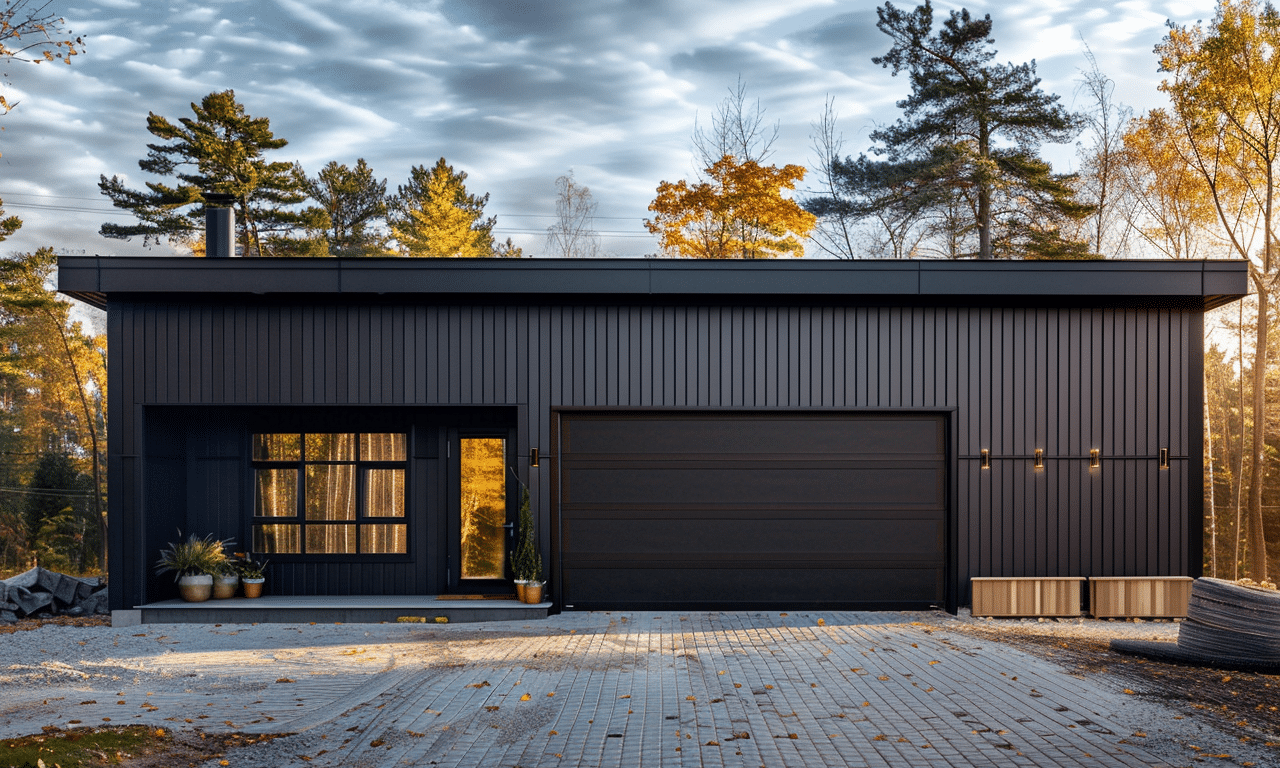
Special Considerations for Residential Construction
When dealing with newly constructed properties, or considering constructing an entirely new home, there are unique considerations. Even new homes might have issues due to the intricacies of Residential Construction. It’s wise to be familiar with how to deal with issues such as construction delays and quality assurances. Here, having a dedicated team like Your Building Team can provide an invaluable advantage, ensuring your project stays on course.
Moreover, if your heart is set on a unique look or robust build, exploring options like metal building systems in Ontario can offer sustainable and sturdy construction solutions.
Additional Tips for a Successful Inspection
– **Be Present During the Inspection:** If possible, walk through the home with your inspector. This allows you to see issues firsthand and to ask questions on the spot.
– **Check for Pests:** Ensure there’s a pest assessment as part of the inspection. Unseen wood-boring insects or rodents can cause significant damage.
– **Mold and Asbestos Testing:** In older homes, checking for mold and asbestos is crucial. These can pose serious health risks.

Building Confidence in Your Investment
In conclusion, conducting a thorough home inspection is a strategic move in securing your future home investment. By understanding pivotal aspects of home inspections, you equip yourself with the knowledge to make informed decisions. Whether you’re facing potential construction delays or evaluating residential construction, having access to professional insights can be a game-changer. Always remember, though financial responsibilities abound, a well-executed inspection can ensure these commitments are worthwhile investments, leading to not just a house, but a home brimming with safe, comfortable, and cherished moments.
By taking these meticulous steps, your dream home won’t just be the apple of your eye, but the cornerstone of a happy life.
